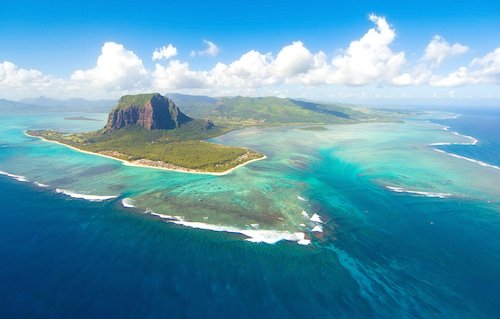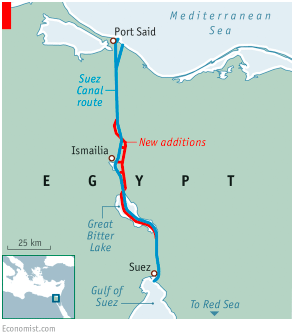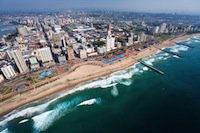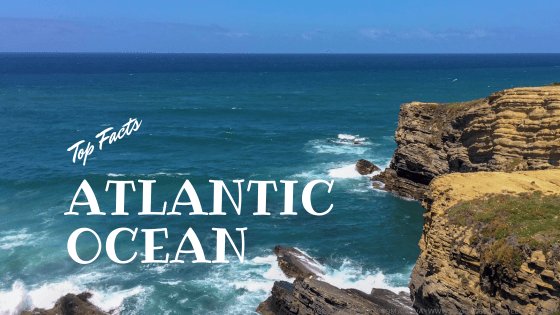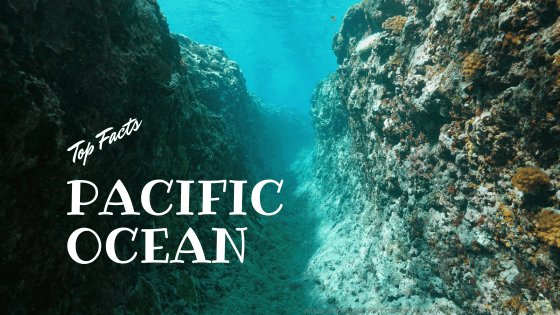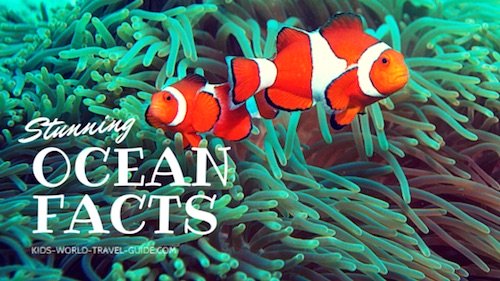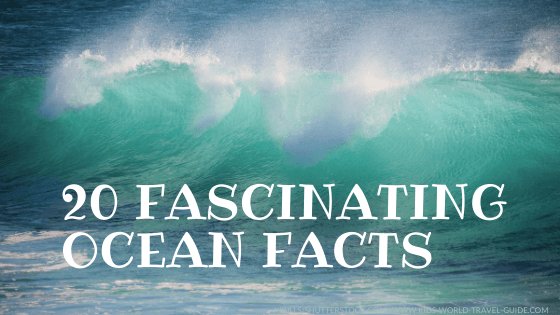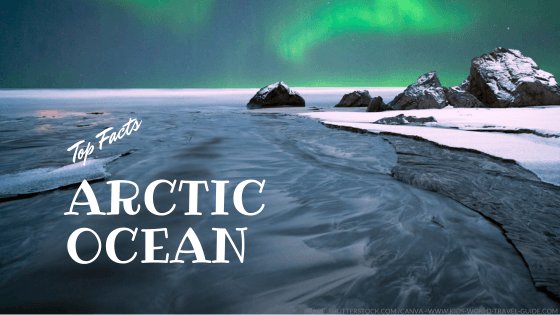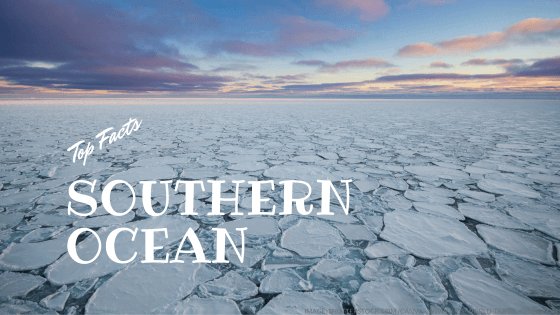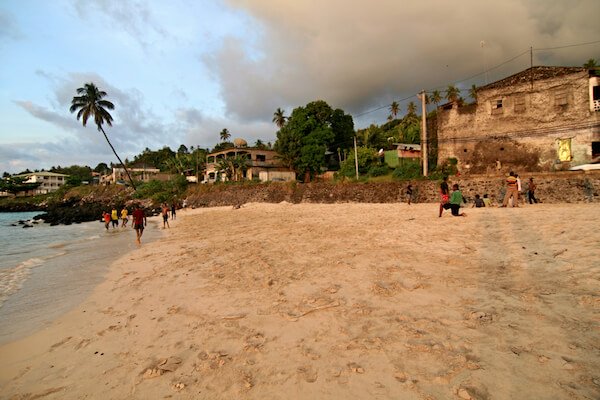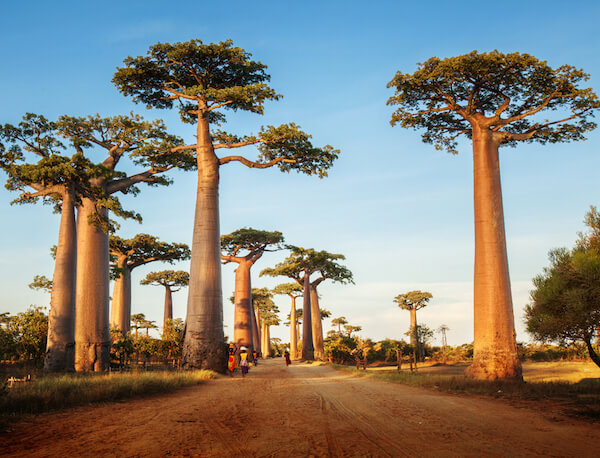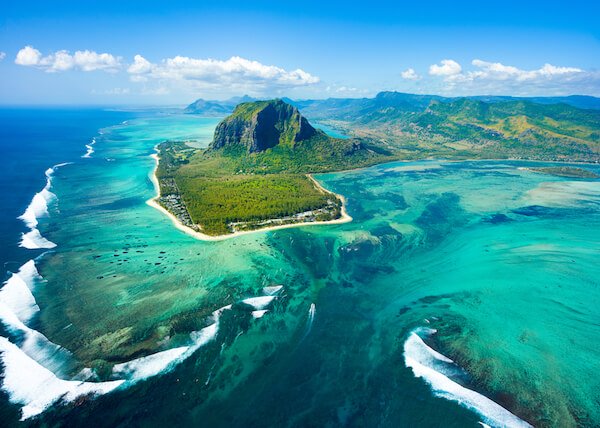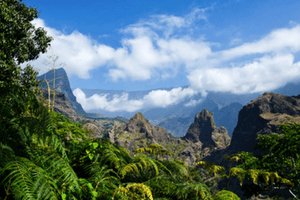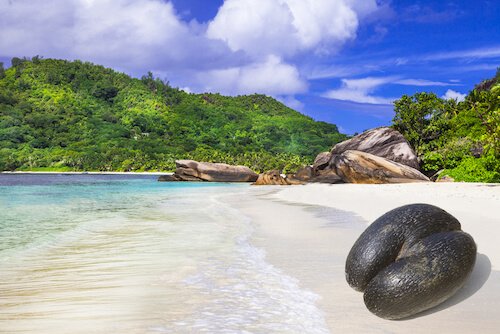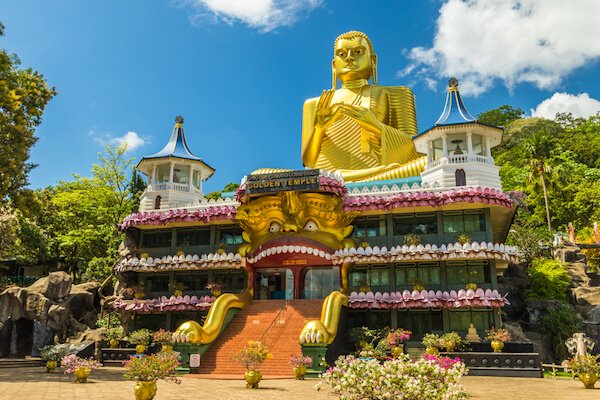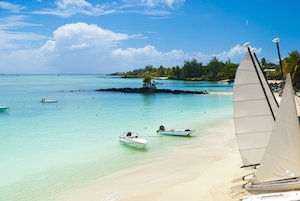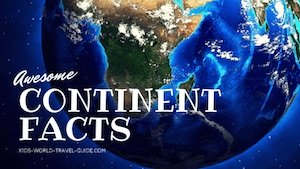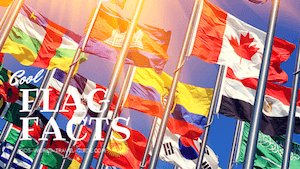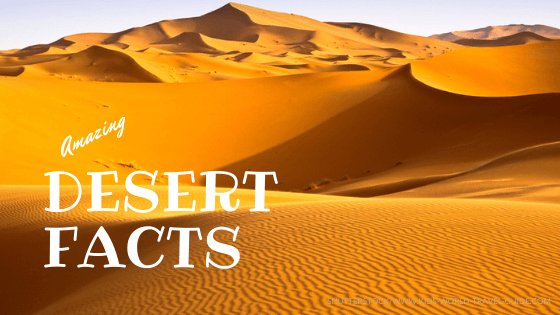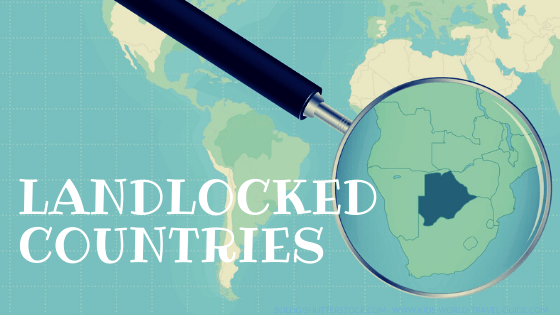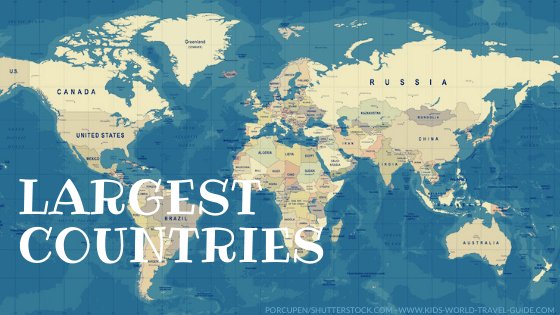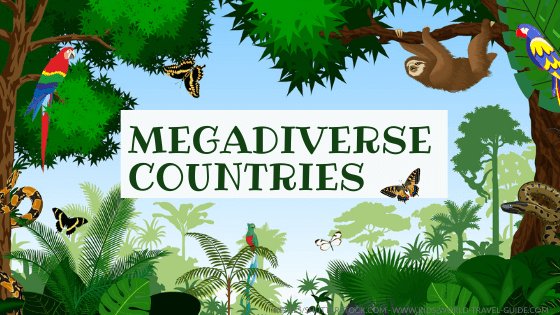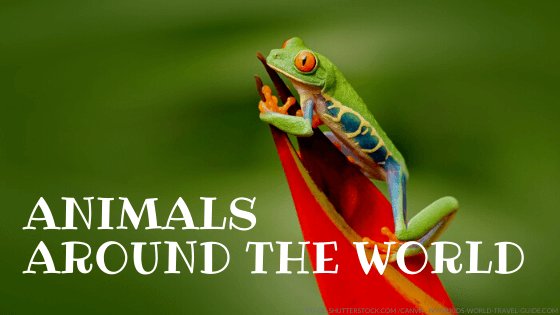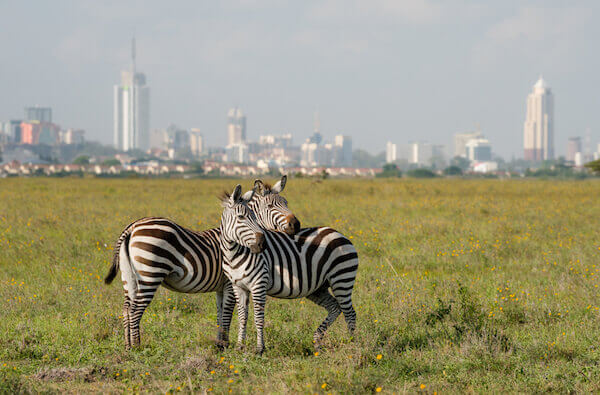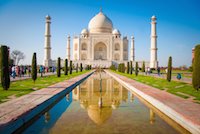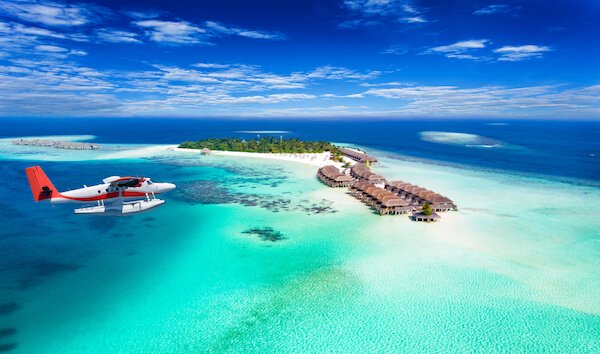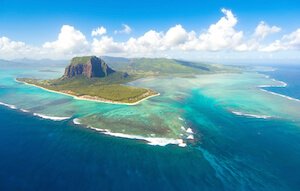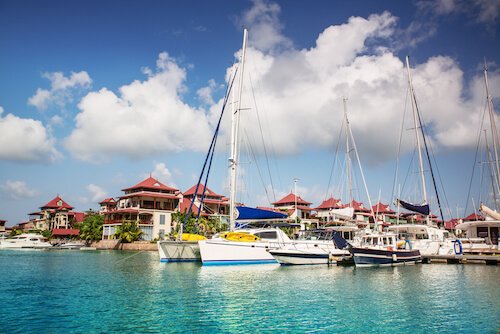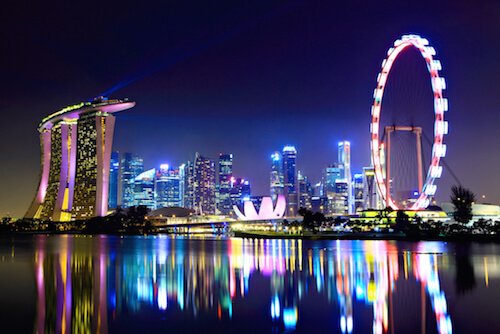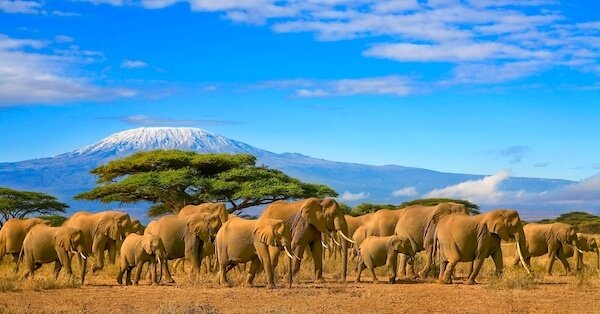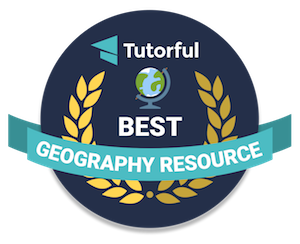- Homepage
- Ocean Facts
- Indian Ocean
Indian Ocean Facts for Kids
Top Ten Facts about the Indian Ocean
Here are our Top Ten Indian Ocean Facts for Kids with lots of useful info for school projects, general knowledge and for your travels, of course!
What you definitely should know about the Indian Ocean, you will find it here!
1. Location: Where is the Indian Ocean?
The Indian Ocean is located between Africa and Austral-Asia and the Southern Ocean.
Below you can see a world map showing the Indian Ocean:
Simply click the + and - signs on the left of the map and zoom into the map to see more about the bordering countries and to locate some of the islands, cities and ports we mention in the text below.
There are many islands in the Indian Ocean that belong to countries that border the Indian Ocean and there are several independent Indian Ocean island countries such as Sri Lanka, the Maldives or Madagascar.
Amongst the most well-known Indian Ocean islands are:
|
2. Name: Why 'Indian' ocean?
The name originates from the location around the Indian penisula. The Indian Ocean is actually the youngest of the major oceans and the name was given to this body of water only in the 15th century.
The Latin name is Oceanus Orientalis Indicus which means Eastern Indian Ocean. Some say the Indian Ocean is named after the country India. The Hindi name means 'Ocean of India'.
3. Size: How big is the Indian Ocean?
The Indian Ocean is the world’s third largest ocean and covers 20% of the Earth’s surface, after the Pacific and the Atlantic Oceans.
In size the Indian Ocean is comparable with roughly 5.5 times the size of the USA.
4. Width: The greatest width of the ocean is between western Australia and eastern coast of Africa and this distance is about 1,000 km or 620 miles.
5. Depth: How deep is the Indian Ocean?
The lowest point is in the Java Trench which is about 7,258 m/ 23,812ft deep. The average depth is about 3,890 m/ 12,762 ft.
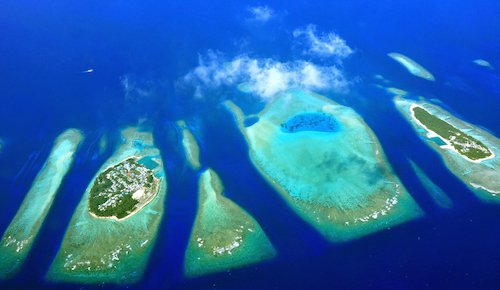 Maldives
Maldives6. Temperature: How warm are the waters of the Indian Ocean?
The temperatures of the Indian Ocean depend on the location and on the ocean's currents. The nearer to the Equator the warm the water tends to be. The temperature of 28 degrees Celsius/ 82 degrees Fahrenheit or higher is reached in coastal regions near the equator.
On average the Indian Ocean has a minimum temperature of around 22 degrees Celsius/ 71 degrees Fahrenheit. However in the southern regions, nearer to the polar regions the temperatures drop drastically below 40 degrees latitude south.
More Indian Ocean Facts
7. Important Waterways: Suez Canal in Egypt, the Strait of Malacca between Malaysia and Indonesia are the two most well known waterways in the Indian Ocean.
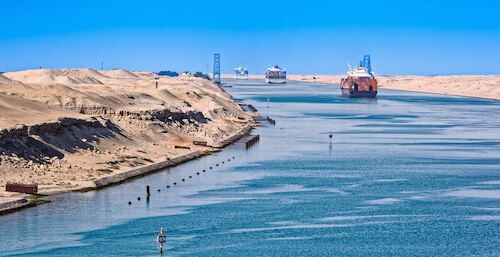 Indian Ocean Waterways: Suez Canal
Indian Ocean Waterways: Suez CanalThe man-made Suez Canal connects to the Red Sea with the Mediterranean Sea. An extension of this artificial waterway was inaugurated in 2015 as you can see on the map below.
8. Indian Ocean Seaports: Among the major seaports of the Indian Ocean, remember these major ports:
- Singapore: This city state has the busiest container port on the Indian Ocean.
- Mumbai and Chennai ports (India)
- Aden (Yemen)
- Jakarta (Indonesia)
- Mombasa (Kenya)
- Durban (South Africa), the largest and busiest port in Africa
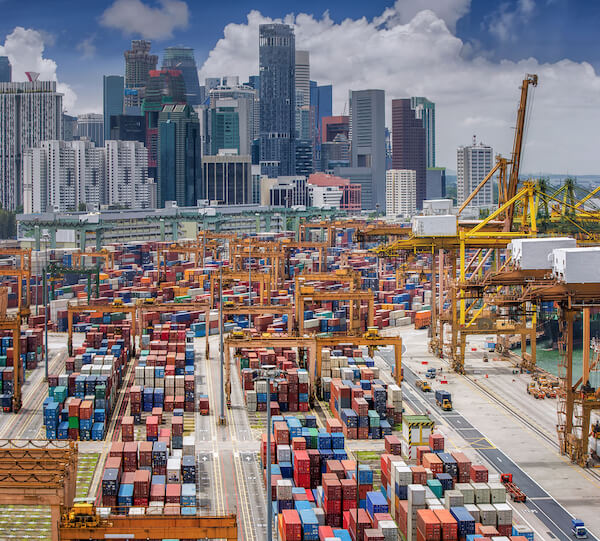 Singapore's port: cargo terminal
Singapore's port: cargo terminalDid you know? The Northern Indian Ocean also is the most important transport route for oil as it connects the oil-rich countries of the Middle East Each with Asia.
Every day tankers are carrying a cargo of 17 million barrels of crude oil from the Persian Gulf on its waters. 40% of the world's offshore oil production comes from the Indian Ocean, mainly from oilfields of Indonesia and the Persian Gulf.
9. Indian Ocean Facts: Some big coastal cities situated along the Indian Ocean are:
|
10. Indian Ocean Sealife: The Indian Ocean provides home to many endangered sea species such as turtles, seals and dugongs, that also called sea cows.
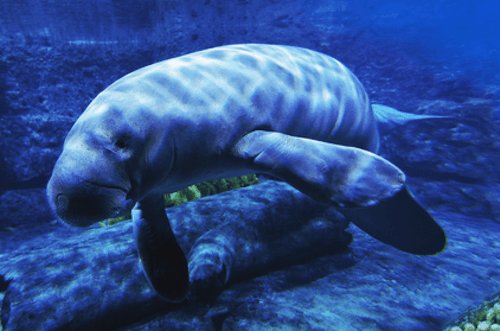 Dugong or Sea Cow
Dugong or Sea CowPopular Pages
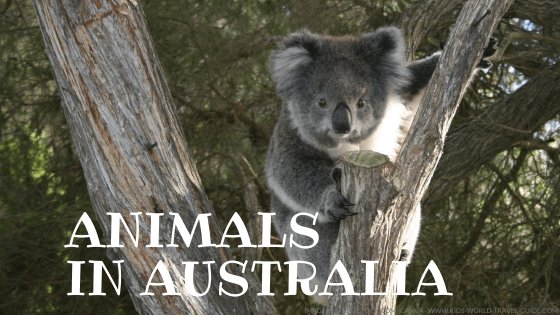 |
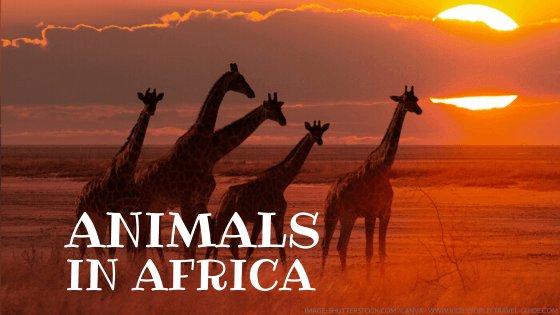 |
Resources
CIA. Indian Ocean. World Fact Book. Last updated 31 January 2024. Last accessed 2 February 2024.
Picture Credits for Indian Ocean Facts Page: own images and Shutterstock.com
Back from Indian Ocean Facts to General Ocean Facts for Kids
Return from Indian Ocean Facts to Kids-World-Travel-Guide Homepage
Countries bordering the Indian Ocean
Like what you read?

|
Share the information with your friends, fans, students and readers? <a href="https://www.kids-world-travel-guide.com/indian-ocean-facts.html">Kids World Travel Guide: Indian Ocean Facts for Kids</a> Thank You:-) |
